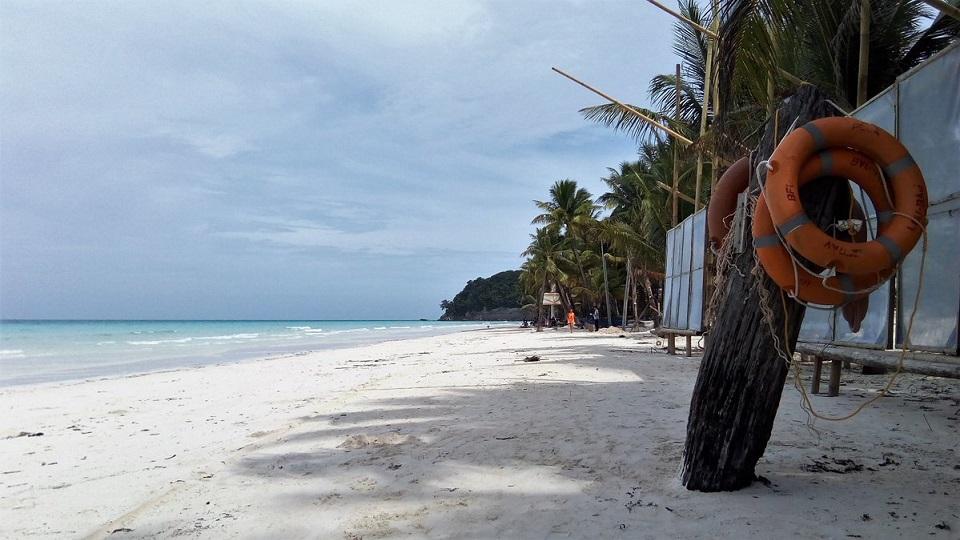OSAKA, Japan — The Philippine government is positioning its booming tourism industry as a prime investment frontier, telling Japanese businesses that capital poured into the sector will translate into infrastructure growth, job creation, and sustainable community development.
At the Philippine Economic Briefing (PEB) in Osaka on September 12, Department of Tourism (DOT) Undersecretary Shahlimar Hofer Tamano said investor confidence in Philippine tourism has already proven strong, with P560 billion worth of private and public funds mobilized into the sector.
“Philippine tourism is the best investment you should make today,” he declared, highlighting that the industry contributed P3.86 trillion, or 8.9% of GDP in 2024, fueled by robust domestic and international travel.
Tamano underscored that tourism investments are being reinforced by the country’s ongoing infrastructure boom. More than 882 kilometers of tourism roads have been constructed, 12 major tourism areas completed with 100 more underway, and airports and seaports are undergoing modernization to enhance connectivity.
Reforms such as liberalized visa policies, digital nomad visas, and expanded international routes are also designed to ease entry and mobility for travelers, measures that directly support investors in hospitality, real estate, and service industries.
According to Tamano, the country’s “Love the Philippines” campaign offers more than just destinations, promising investors a stake in experiences that range from wellness and golf tourism to gastronomy and heritage travel.
“Every investment in tourism is an investment in communities, in sustainable development, and in the prosperity of millions of people,” he stressed, framing the sector as both profitable and socially impactful.
His message built on President Ferdinand “Bongbong” Marcos Jr.’s 2022 assertion that tourism holds “high potential” to transform the Philippine economy. Then, Marcos said tourism could expand beyond leisure into fields like health, cruise, and halal tourism, while creating jobs and boosting countryside development.
Tamano’s Osaka remarks reflected this roadmap urging Kansai-based investors to see tourism not merely as a consumption sector but as a long-term partnership opportunity with the Philippines.
“Invest in the Philippines. The best decision you can make,” Tamano concluded.
The Osaka briefing forms part of a global investment roadshow where Cabinet officials also pitched opportunities in energy, trade, and infrastructure. But for the DOT, tourism is the sector that converts cultural strengths and natural assets into bankable business ventures. — BM, GMA Integrated News


AloJapan.com